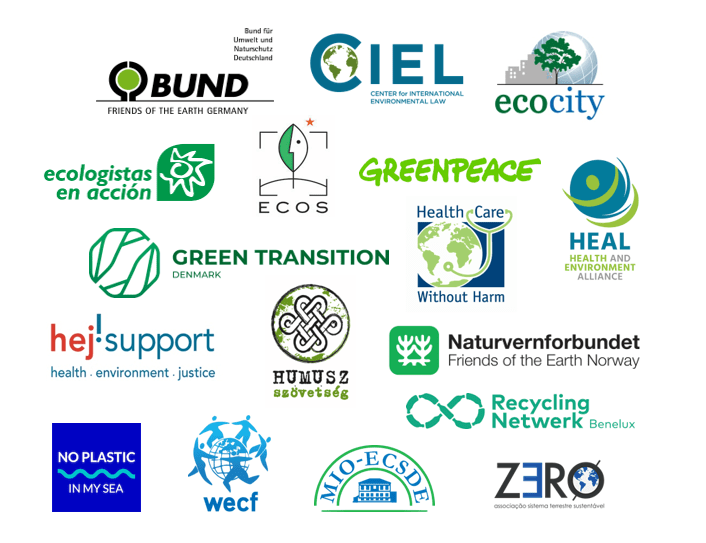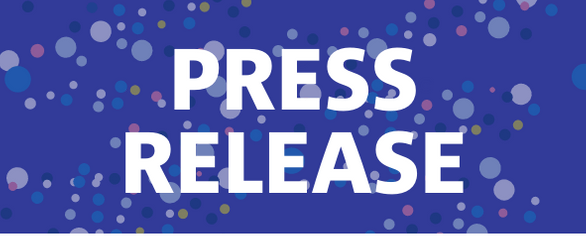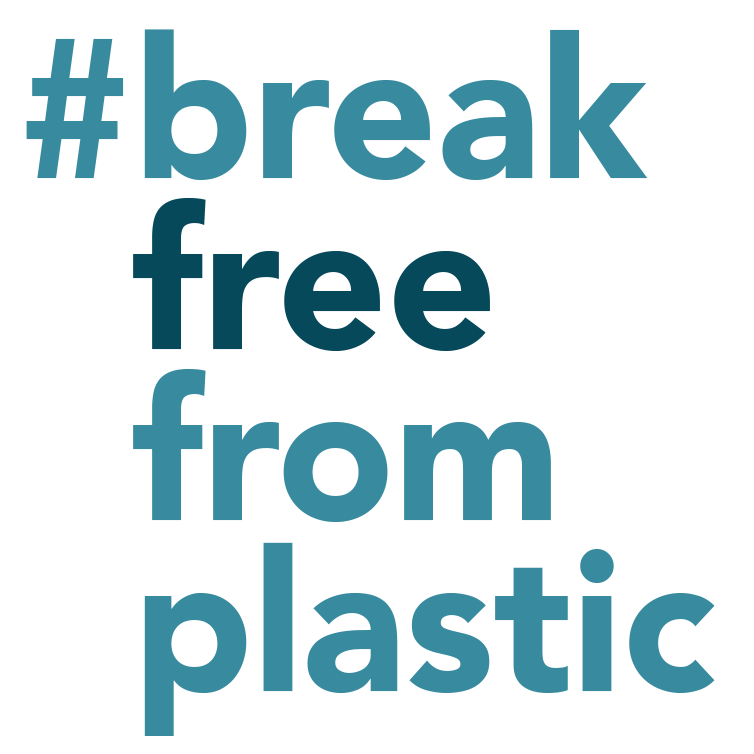It’s time for EU decision-makers to severely restrict the intentional use of microplastics
Between 75,000 and 300,000 tonnes of microplastics are released into the environment each year in the EU.
A proportion of these microplastics are escaping into our environment after having been intentionally produced, supplied and used in products like cosmetics, detergents, paints, pesticides and even sports fields.
These tiny synthetic polymers are harmful to biodiversity as they resist biodegradation – breaking down in nature – and block the digestive tracts of aquatic creatures, turtles and birds. Many scientists believe them to be harmful to human health.
An EU-wide action putting an end to this rising pollution is needed now!
So what is being done to tackle intentionally-added microplastics?
In line with the EU Plastics Strategy (2018), the European Chemicals Agency (ECHA) was asked to make a proposal for restricting the use of intentionally-added microplastics under the Regulation on the Registration, Evaluation and Authorisation of Chemicals (REACH). This proposal is to be given to the European Commission and Member States which is why it needs to be as ambitious as possible. This legislation to restrict intentionally-added microplastics will need to stand up to strong industry pressure and lobbying which will attempt to delay and weaken its effectiveness.
In November 2020, in advance of ECHA sending their final proposal to the European Commission and Member States we outlined key recommendations requited to fix their draft as we urged them to strengthen microplastics ban. You can read our Position Paper or Summary Paper (please note the more up-to-date version is below).
Since then, on February 23rd, ECHA handed over their proposals to the European Commission. The final draft has major loopholes remaining that could favour unproven biodegradable plastics and give some sectors up to 8 years to take action. We shared our thoughts in a press release alongside a letter to the European Commission, and updated versions of our position paper and summary paper:
You can also find translations of our position paper in the following languages:
Bulgarian
Relevant News Stories:
- Microplastics: what are they and why are they a problem?
- EU Microplastics ban just closer with major loopholes
- Strengthen microplastics ban, NGOs urge EU
- Microplastics are tiny but they post a huge problem
- 500 times more microplastics in our ocean than stars in our galaxy
- Less than a month left to say no to microplastics in our products in Europe
- EU microplastics ban: How industry pressure led European Chemicals Agency to dilute its proposals
- EU set to make microplastic problem worse
- Here’s why the EU can’t miss the chance to ban all microplastics
The following organisations support the position taken in our position paper:

Calls to tackle intentionally-added microplastics on twitter:
The Ocean is dying from the #microplastics added to our self-care and cosmetic products! ☠️🐢#SurfriderEurope is calling on the @EU_Commission to act boldly and enforce a wide and effective ban on intentionally-added microplastics! It's time for change: https://t.co/hXeMjM46fB pic.twitter.com/vScV5UpFZT
— Surfrider Europe (@surfridereurope) February 24, 2021
.@TimmermansEU, don’t miss the opportunity to tackle one of the worst (and most preventable) forms of#microplastics – those intentionally added in products!
— Rethink Plastic (@RethinkPlastic) February 24, 2021
We need the ban on added #microplastics to be bold and
ambitious so we can #breakfreefromplastic!https://t.co/AZSshcRR7o pic.twitter.com/xDwmvxqNN8
-
Press Release 09.04.2025 | For immediate release | Brussels, Belgium
-
Member States must step up efforts to ensure the EU meets its packaging waste goals, says the NGO group Rethink Plastic alliance. A new report…












